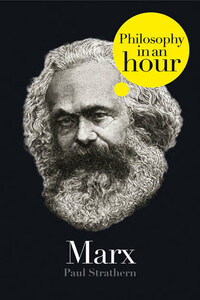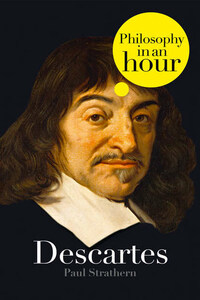In 1848, the year that Karl Marx published the first Communist Manifesto, there were revolutionary disturbances throughout Europe, from Sicily to Warsaw. In Paris the uprising led to the fall of the Orléans monarchy; in Vienna the reactionary and repressive chancellor Metternich was forced to flee in disguise, “like a criminal”. France and the Austro-Hungarian Empire were the two major powers on the continental mainland. It looked as if Europe was on the brink. But the forces of reaction eventually won the day, and their retribution was awesome. The scene in Dresden described by Clara Schumann (wife of the composer) was typical:
“They shot down every insurgent they could find, and our landlady told us later that her brother, who owns the Golden Stag in Scheffelgasse, was made to stand and watch while the soldiers shot one after another twenty-six students they found in a room there. Then it is said they hurled men into the street by the dozen from the third and fourth floors. It is horrible to have to go through these things! This is how men have to fight for their little bit of freedom! When will the time come when all men have equal rights?”
Marx proposed communism as the answer. The twentieth-century experience has taught us in no uncertain terms that it does not work. Yet several of Marx’s most perceptive criticisms of capitalism remain unanswered. The questions of social justice which he raised – pressing and crucial at the time – remain with us. The cheek-by-jowl existence of luxury and pitiless destitution that can be found today in Bombay and São Paulo would be all too recognizable to the Marx who walked the streets of Dickensian London. Even in the heartlands of twenty-first-century affluence created by capitalism, its “contradictions” are still evident in the urban ghettos of New York and Los Angeles, the economic wastelands of northeast England, and the slums of Naples. Capitalism has become the worldwide success story, but at cost. In Marx’s time, this cost was beginning to appear unbearable.
Karl Marx was born in the German provincial city of Trier on 5 May, 1818. Trier is just six miles from the Luxembourg border, on the Mosel River, which is renowned for its vineyards. Its proximity to the border and its love of wine make Trier an easy-going cosmopolitan spot, factors which were to have a significant influence on Marx.
Like so many ardent revolutionaries, Marx was brought up amidst comfortable bourgeois surroundings. His father, Hirschel, was a successful local lawyer who also owned a couple of small vineyards; and one of Karl’s uncles went on to found the Dutch industrial giant Philips.
Although descended from a line of rabbis, Hirschel Marx was not religious. Like many German Jews during this period – such as the composer Felix Mendelssohn and the poet Heinrich Heine – he converted to Christianity. This was largely a formality, enabling him to assimilate more easily into German middle-class society. Hirschel (who now became Heinrish) Marx had already enthusiastically embraced European culture. His favourite authors were Kant and Voltaire: a characteristic blend of German profundity and French subversive wit. Germany was in the process of becoming a unified nation state, and in 1815 the Rhineland provinces had been taken over by Prussia. The new Prussian rulers were deemed autocratic and oppressive by the more liberal locals. Karl’s father joined a political club that pressed for the Prussian state to adopt a constitution, which would enshrine the rights of its citizens.
Few details of Karl’s childhood have come down to us, apart from his so-called habit of forcing his sisters to eat mud pies. This sounds like a legend based upon a single incident: weeping muddy-lipped girls, outraged mother, skulking Karl, etc. Needless to say, commentators have exploited its metaphorical implications to the full – this is what the mature Karl did to us all, and so forth. By the time he went to nearby Bonn University at the age of eighteen, Karl was already an avid imbiber of books and wine, dividing his time equally between the library and the taverns. During some riotous activity in the latter he managed to provoke a local officer cadet into challenging him to a duel, and was lucky to emerge from this episode with nothing more serious than a traditional dueling scar. Karl was never the athletic type and even managed to evade military service on health grounds (aided by a somewhat suspect doctor’s report).
A year later Marx transferred to the University of Berlin, ostensibly to continue his law studies. But by now he had discovered philosophy, and all else paled into insignificance. Berlin was the capital of Prussia, far from the wine-loving Rhineland, and here student life was a much more serious matter. This was where the great Hegel had been professor of philosophy, becoming almost the official philosophical apologist for the Prussian state. But Hegel had died five years earlier, and a wide range of his followers had by now developed his ideas in a wide range of directions. Hegel’s vast idealistic philosophical system had proved open to many contradictory interpretations, several of which were anything but sympathetic to the repressive Prussian state and all it stood for.









